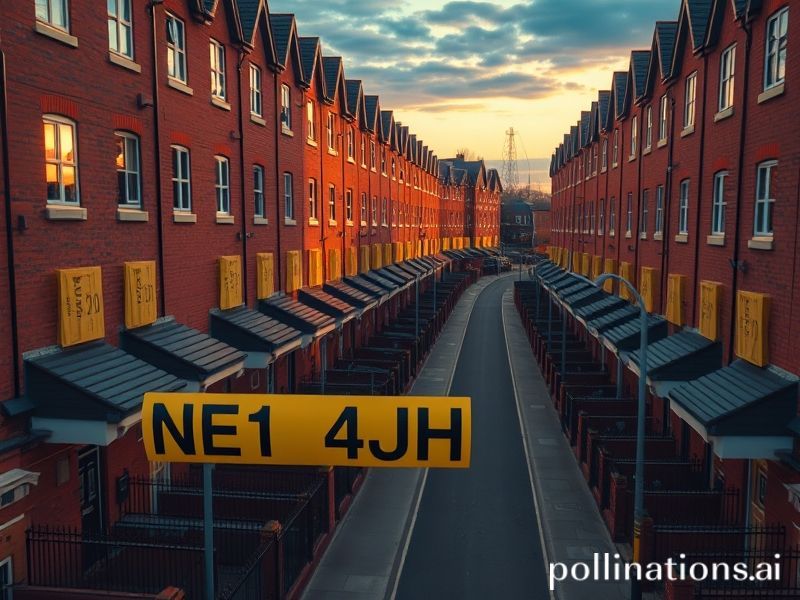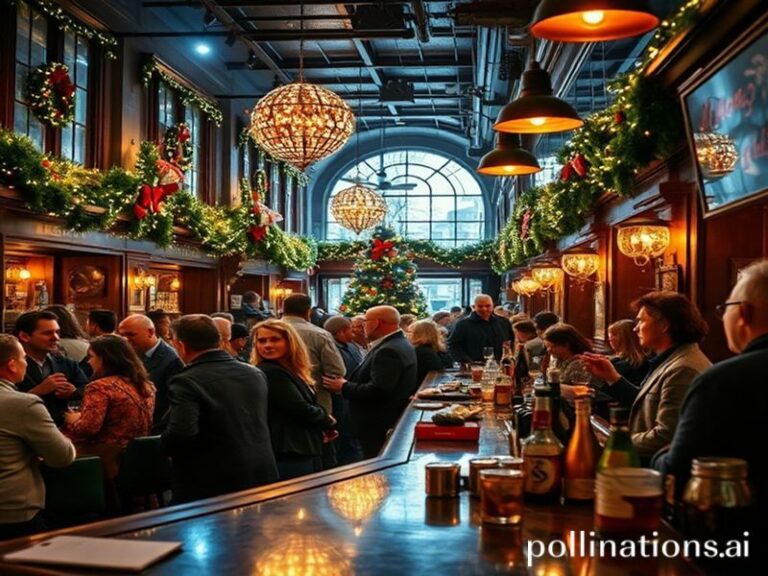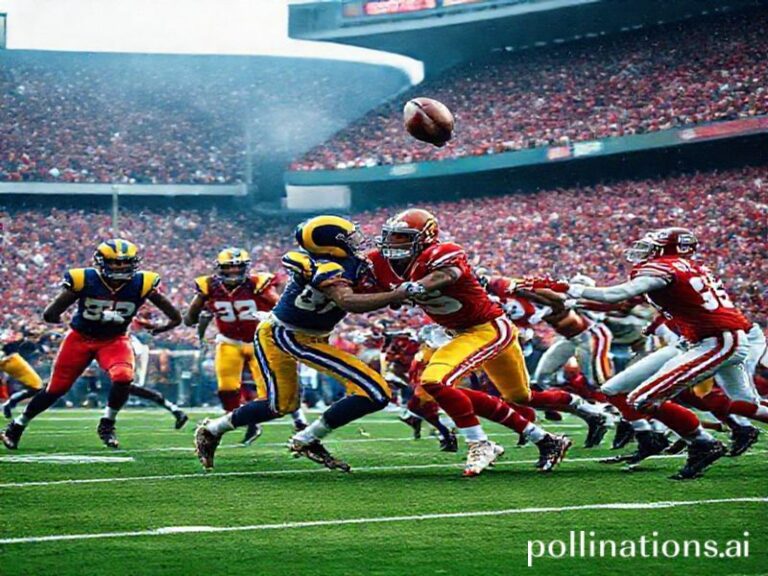The Postcode Lottery: How Your Address Became Your Destiny in the Global Casino
**The Postcode Lottery: Where Your Address Determines Your Destiny**
In the grand casino of life, it appears the house always wins—especially when the house in question is determined by a random string of letters and numbers assigned by postal services. The People’s Postcode Lottery, that peculiarly British invention where neighbors collectively gamble on their geographic coordinates, has become something of a global phenomenon. But beneath the veneer of community spirit and charitable giving lies a darker truth about how we’ve gamified basic existence itself.
From the favelas of Rio to the high-rise apartments of Singapore, the concept that your postal code determines your life outcomes isn’t novel—it’s just that most of us have been playing this lottery our entire lives without the consolation prize of a £30,000 daily draw. In Mumbai, your pin code might mean the difference between clean drinking water and whatever flows through the pipes. In Detroit, it could determine whether your emergency services arrive in minutes or hours. At least the People’s Postcode Lottery offers participants the dignity of choosing their cosmic dice roll.
The genius of this system lies in its brutal honesty. While politicians wax poetic about equality of opportunity, the postcode lottery strips away such pleasantries. It acknowledges what sociologists have been screaming into the void for decades: location is destiny. The only difference is that this particular lottery throws in a Mercedes-Benz and a holiday to Mauritius for good measure.
International observers might find it quaint that Britons voluntarily participate in a system that mirrors the arbitrary nature of global inequality. After all, what’s the fundamental difference between winning the postcode lottery and being born in Switzerland rather than South Sudan? Both are geographical accidents that determine whether you’ll spend your life worrying about interest rates or intestinal parasites.
The spread of postcode-based gambling to other nations reveals our collective desperation to inject fairness into an inherently unfair system. Australia’s version promises to fund community projects while doling out prizes, a sort of philanthropic Band-Aid on the gaping wound of structural inequality. In the Netherlands, the postcode lottery has become so entrenched that it’s practically a civic institution—because nothing says “functional society” quite like hoping your neighbors’ good fortune trickles down to you.
Perhaps the most perverse aspect is how these lotteries have become stand-ins for actual social mobility. Why fund education, healthcare, and infrastructure when you could potentially win a luxury spa weekend? It’s austerity with a human face, or at least a smiling television presenter announcing that someone in Sunderland just won enough to pay off their mortgage.
The international implications are staggering. As climate change renders certain postal codes literally uninhabitable and others impossibly valuable, we’re all playing the ultimate postcode lottery. Miami residents, congratulations—you’ve won front-row seats to the Atlantis Experience. Pacific island nations, your prize is even more exclusive: the chance to be among the first climate refugees with nowhere to go.
In the end, the People’s Postcode Lottery serves as both distraction and mirror. It distracts us with the possibility of individual windfalls while reflecting our collective acceptance that geography determines fate. It’s the opium of the masses, but with better odds than the actual lottery of life—where your chances of being born into poverty remain depressingly predictable based on your parents’ postal code.
The real joke? We’re all playing whether we bought a ticket or not. The only difference is that some of us get a chance to win a car while others just get to keep playing.







